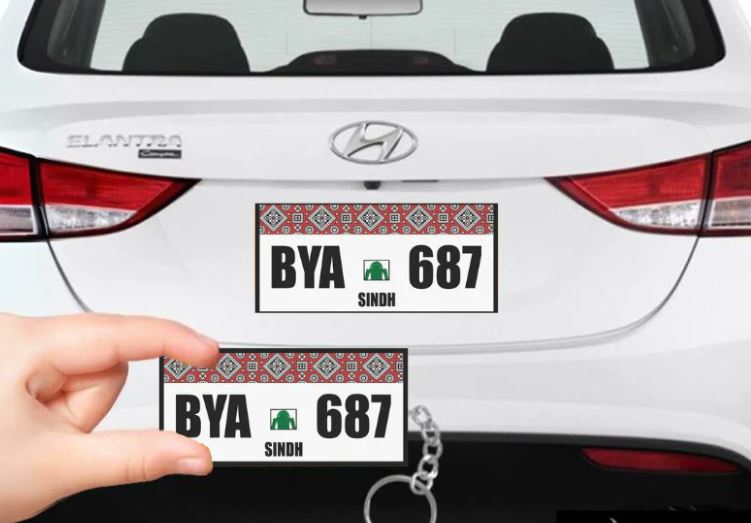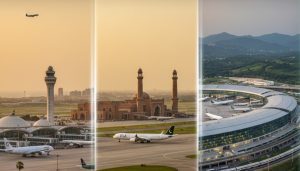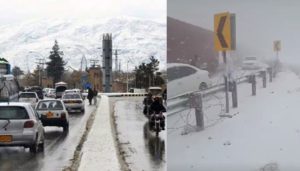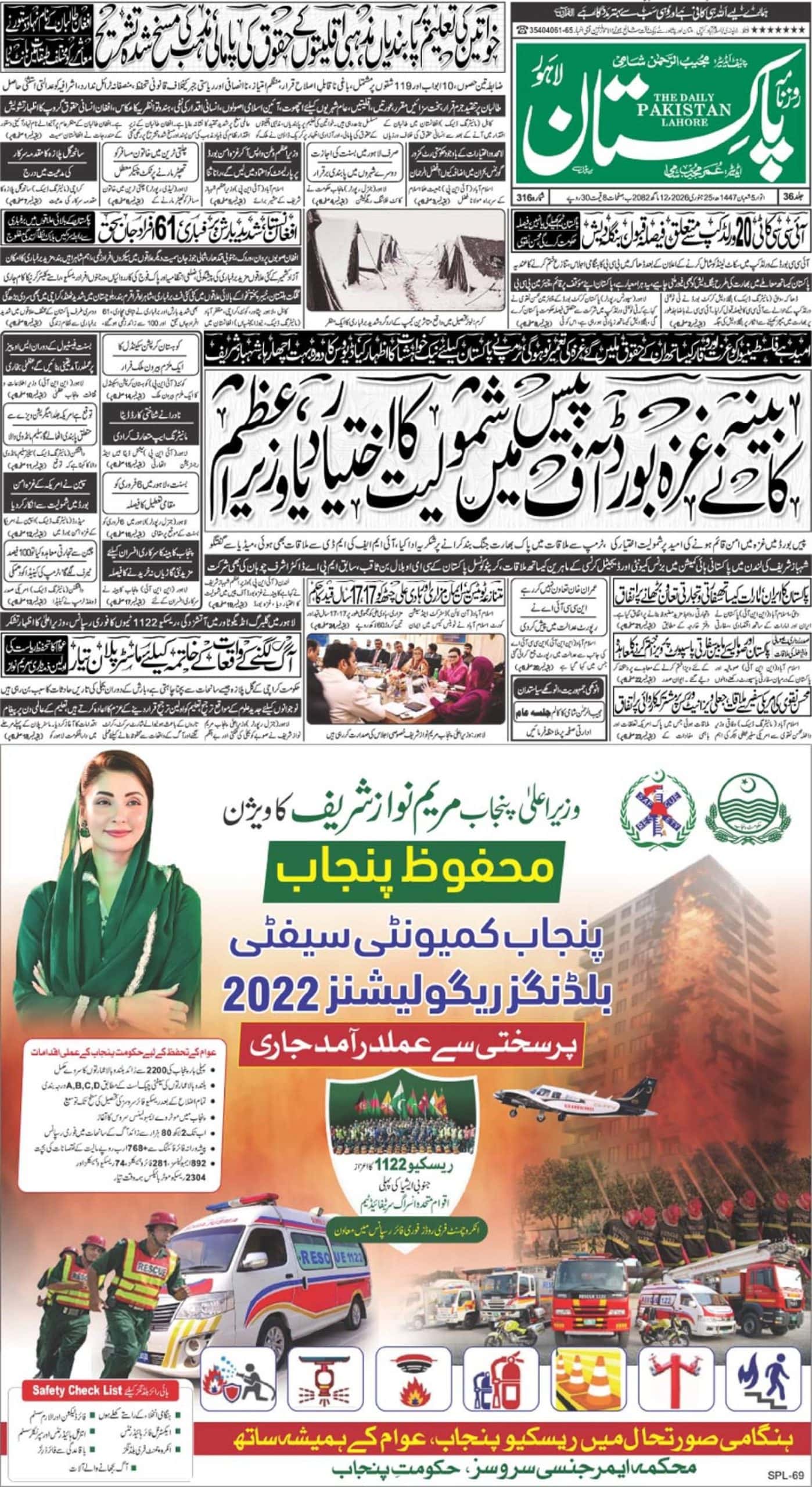ISLAMABAD – Sindh Excise issued more than 20Lac Number Plates to support Safe City Goals as these updated registration number plates are essential for Vehicle Registration.
Sindh government stressed urgent need for fully implementing government-issued high-security vehicle number plates, warning that the province’s Safe City Project cannot succeed without them.
In exclusive interview, Chawla revealed that more than 20Lac Ajrak-themed number plates have been issued in port city so far, reiterating that only Excise Department is authorized to issue valid plates, and those obtained from private agents or market vendors will not be recognized under the new system.
“These specially designed plates are essential for crime prevention and effective surveillance,” Chawla said, noting their advanced security features such as 3D holograms, embedded threads, barcodes, and camera readability—even in low-light conditions. In contrast, counterfeit plates from unauthorized sources lack these capabilities, rendering them invisible to surveillance systems.
The initiative dates back to 2011 but has faced repeated legal and political obstacles. Court-issued stay orders halted progress several times, with the most recent delay stretching until 2021. Afterward, the provincial government opted to proceed without new tenders, awarding the manufacturing contract to the state-run National Radio & Telecommunication Corporation (NRTC), which has previously completed similar projects in other provinces.
Around 12,000 surveillance cameras have already been installed across Sindh capital under Safe City Project, which was launched in 2018. He emphasized that proper registration and ownership transfer of vehicles are crucial for tracking criminal activity.
Excise Department introduced three color-coded plates: white for private vehicles and motorcycles, yellow for commercial, and green for government vehicles. Fees are set at Rs2,450 for vehicles and Rs1,850 for motorcycles. Larger vehicles, such as trucks and dumpers, are also included in the registration process.
The department has also integrated its database with the Police and Traffic Police, allowing for real-time verification of tax payments and registration status. Chawla estimated Karachi has around five million vehicles and motorcycles, and said the updated system will provide accurate data.













